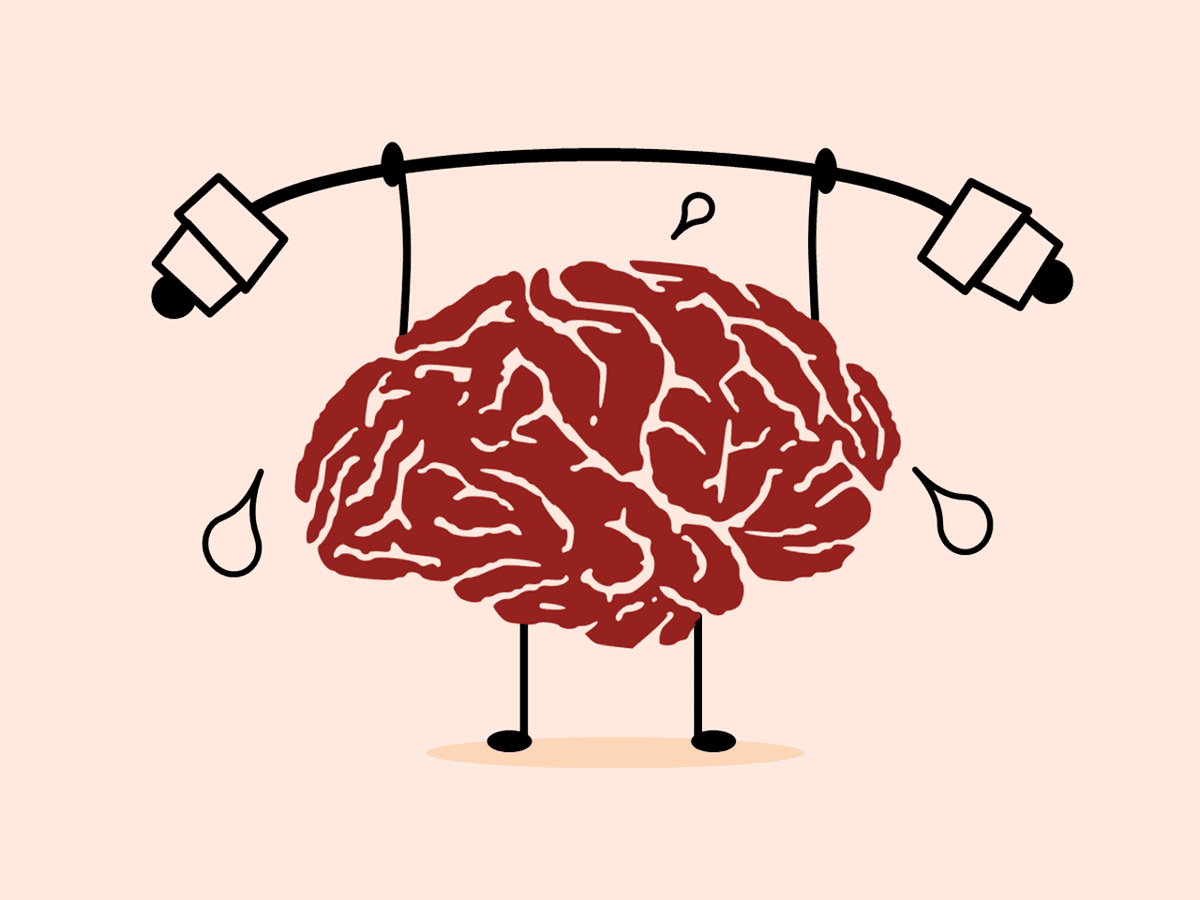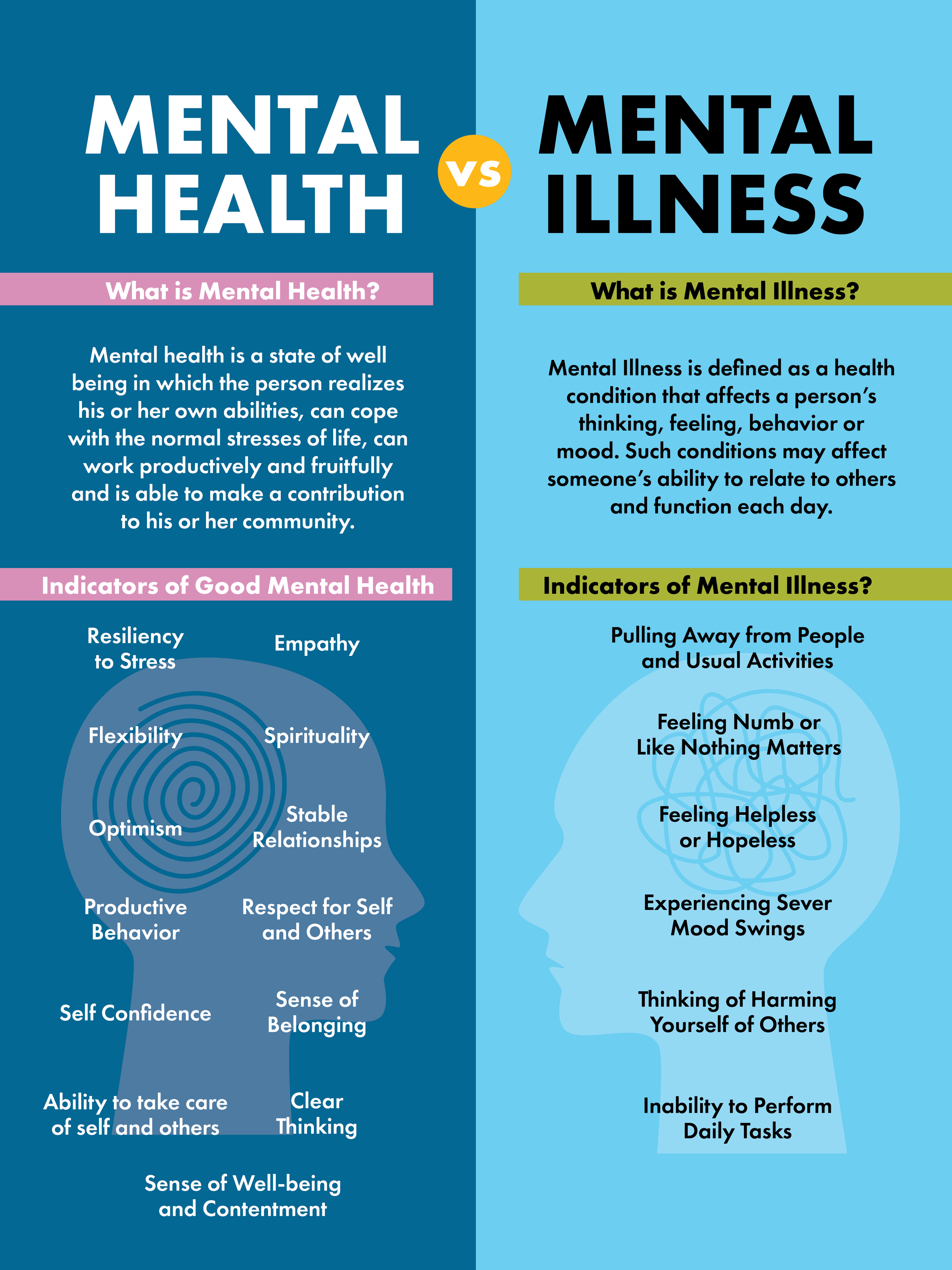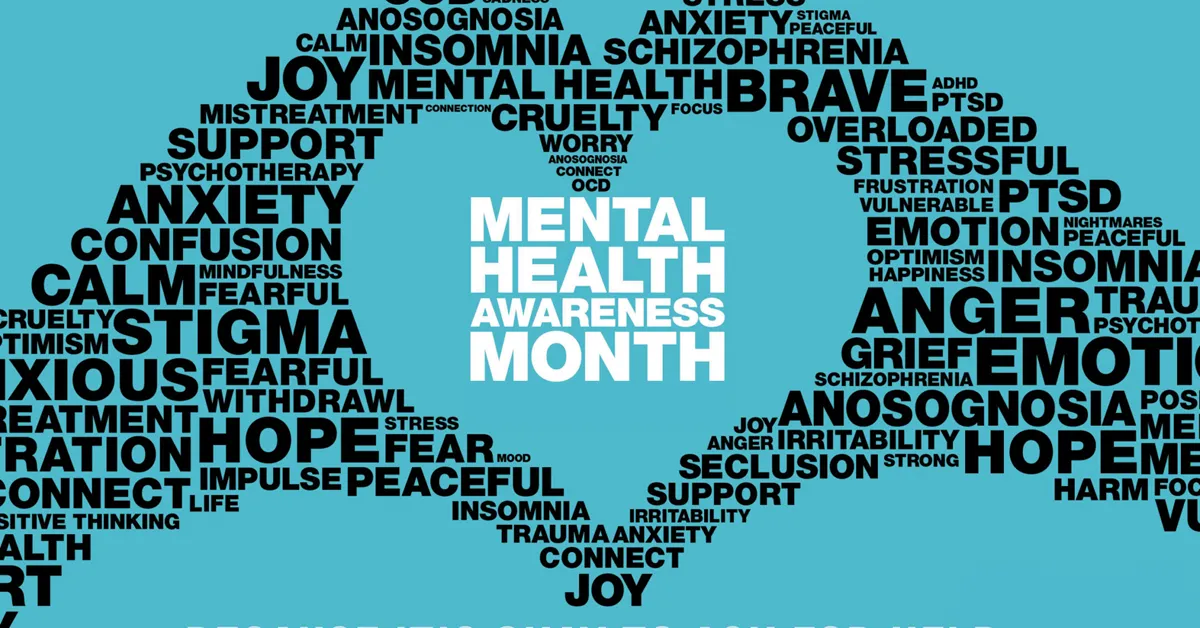Comprehensive Inpatient Mental Health Providers for Effective Therapy
Inpatient mental health and wellness solutions represent a crucial element of the medical care system, offering a intensive and structured setting for individuals experiencing serious emotional distress. These services utilize a multidisciplinary method, incorporating various evidence-based treatments to resolve the complex requirements of people. Nevertheless, the effectiveness of such detailed treatment expands beyond immediate stablizing; it additionally incorporates the transition to outpatient support, a crucial phase commonly forgot. Discovering the subtleties of this continuum discloses substantial effects for both specific recuperation and broader mental health and wellness results. What variables absolutely affect this change, and exactly how can we enhance its efficiency?
Understanding Inpatient Mental Wellness Providers
Inpatient mental wellness solutions offer crucial support for individuals experiencing extreme mental distress that can not be managed effectively in an outpatient setup. These services are made to use an extensive level of care in an organized environment, typically within a medical facility or specialized facility. Individuals admitted to inpatient programs commonly show intense signs, such as self-destructive ideation, severe clinical depression, or psychosis, requiring round-the-clock tracking and treatment.
The admission process usually includes a detailed assessment by psychological health experts, that assess the person's psychological state, history, and instant demands. Once confessed, patients participate in a selection of therapeutic techniques tailored to their particular needs, including medicine monitoring, individual therapy, and team sessions. This all natural approach intends to maintain the patient's problem, advertise safety, and foster coping skills.
Inpatient psychological wellness services not just address prompt health issues however additionally act as a bridge to ongoing care. By offering a controlled atmosphere, these solutions facilitate the development of treatment plans that can be continued in outpatient settings, therefore making sure a continuum of care and boosting long-term outcomes for individuals with complex mental health requirements.
Secret Parts of Effective Therapy
Efficient therapy in inpatient psychological health and wellness solutions consists of a number of key components that foster recovery and stabilization. A comprehensive analysis is crucial to identify the individual's specific demands and obstacles. This analysis notifies the advancement of a tailored therapy plan, which works as a roadmap for intervention.
An additional essential part is the multidisciplinary group strategy. Cooperation amongst psychoanalysts, psycho therapists, nurses, and social employees makes sure that different viewpoints add to the person's treatment, improving the efficiency of treatment. Evidence-based therapeutic techniques, such as cognitive-behavioral therapy (CBT) and dialectical behavior modification (DBT), are additionally indispensable, supplying structured strategies that deal with maladaptive idea patterns and behavioral issues.

Finally, a concentrate on aftercare planning is critical to make sure a seamless transition to outpatient services, reducing the risk of regression and promoting lasting wellness. These cumulative elements create an efficient treatment structure within inpatient mental wellness services.
Advantages of Comprehensive Care

Extensive treatment in inpatient psychological wellness services uses numerous benefits that substantially boost patient results. Among the primary advantages is the alternative strategy to treatment, attending to not just the psychological symptoms however likewise the physical, social, and psychological requirements of individuals. This comprehensive evaluation enables customized treatments that advertise overall well-being.
Another benefit is the integration of multidisciplinary teams, which promotes partnership amongst health care specialists. This joint setting ensures that patients receive coordinated care, reducing the risk of fragmented treatment and boosting interaction amongst caretakers. Moreover, detailed care assists in continuity of services, permitting smooth changes from inpatient to outpatient setups, which is critical for lasting recuperation.

Finally, the structured setting of thorough inpatient web link treatment gives a secure room for people to participate in restorative activities, assisting them develop dealing approaches and durability. Collectively, these advantages contribute to much more effective therapy and boosted high quality of life for individuals experiencing psychological wellness dilemmas.
Evidence-Based Therapeutic Approaches
In the world of mental health therapy, evidence-based restorative methods play a critical function in making sure that clients receive reliable and clinically supported treatments. These techniques integrate the most effective offered research with professional proficiency sites and person worths, fostering a tailored treatment experience that attends to individual demands.
Cognitive Behavior Modification (CBT) is among one of the most widely acknowledged evidence-based methods, focusing on determining and transforming negative thought patterns and habits. This organized approach has demonstrated effectiveness in dealing with conditions such as anxiety, ptsd, and depression. Dialectical Actions Treatment (DBT) is specifically reliable for people with borderline individuality problem, stressing the growth of psychological guideline and interpersonal efficiency skills.
Furthermore, drug monitoring is often an essential component of evidence-based therapy, as psychotropic drugs can relieve signs and symptoms and enhance general functioning. Collaborative care designs, which involve multidisciplinary teams, further improve the effectiveness of inpatient services by ensuring comprehensive analyses and continual monitoring.
Ultimately, the integration of evidence-based healing techniques not only promotes favorable clinical end results however additionally equips clients, fostering a feeling of company and strength in their mental health and wellness journeys.
Transitioning to Outpatient Support
The change from inpatient mental health and wellness services to outpatient assistance marks a critical phase in a patient's recovery journey. This period requires careful preparation and coordination to make sure connection of treatment and to mitigate the dangers of relapse or situation. Reliable discharge planning must commence early in the inpatient keep, including a multidisciplinary team that consists of psychoanalysts, psychologists, registered nurses, and social workers.
Secret elements of a successful change include the advancement of an extensive aftercare strategy tailored to the individual's details needs. This strategy should detail follow-up consultations, medication administration, and therapeutic treatments, as well as look what i found determine area resources and support system that can facilitate continuous recuperation.
Furthermore, individual and family members education is crucial during this stage. Understanding the indications of possible troubles and the significance of adhering to therapy can encourage people and their support systems.
Routine follow-up and review of the outpatient plan are important to resolve evolving challenges. By promoting a collective partnership in between inpatient and outpatient suppliers, the likelihood of sustained recovery increases, eventually improving the individual's lifestyle and lowering the threat of readmission.

Final Thought
In summary, detailed inpatient mental health and wellness solutions offer a vital structure for addressing serious mental distress via a multidisciplinary approach. By integrating evidence-based treatments, cultivating a structured setting, and promoting family members involvement, these solutions boost treatment efficiency. The emphasis on security and the advancement of dealing abilities not just help in prompt recovery yet also assists in a smoother shift to outpatient treatment. Inevitably, such thorough treatment is vital for long-term mental health and wellness.
The admission process typically involves a comprehensive assessment by psychological health and wellness experts, who evaluate the person's psychological state, history, and immediate needs.Reliable therapy in inpatient psychological health services consists of numerous essential elements that foster recuperation and stablizing.Thorough treatment in inpatient mental health solutions uses various benefits that substantially enhance patient end results.The change from inpatient mental wellness solutions to outpatient support marks a crucial phase in a person's healing journey.In recap, detailed inpatient mental health services supply a crucial framework for addressing extreme mental distress through a multidisciplinary technique.